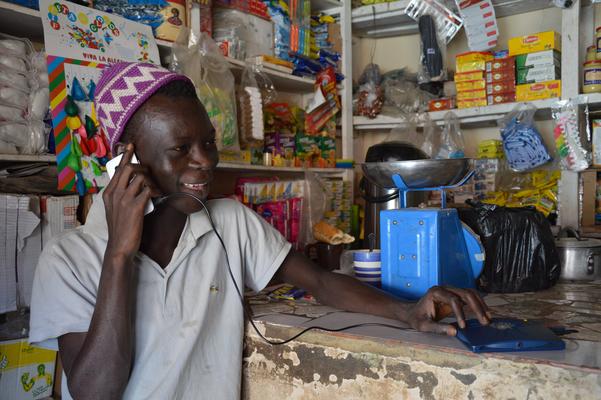Researchers at the Science and Mechanics Engineering Laboratory at Penn State University have developed a new method of collecting energy from radio waves to power reusable devices, according to a press release from the University.
"We are already using the energy that surrounds us, the radio waves that are everywhere, all the time," said Hanu Mahradchang, chief economist. "If we do not use this energy in the surrounding environment, it will simply be wasted. That is why we have thought about getting this energy and using it," he said.
Let's think about it, for example, every time we call someone or when we call a website, the electromagnetic array spreads. And because billions of people make phone calls at a given second, we get electromagnetic waves everywhere we go. And these gears, even though they have little power, can turn into sources of energy.

The researchers have developed a wide-scale, dilapidated bipolar air system without affecting the antenna frequency response. It consists of two elementable metal antennas embedded in the metal layer grafin, which can wirelessly transmit the data collected from very low-energy sensors.
Even when expanding, bending or twisting, the system's own design allows it to console its own frequency, then it is connected to an elliptical correction circuit capable of converting power from electromagnetic desktop to electricity.
This simple source of energy can be used to provide the units of the sensor with reposable instruments that track temperature, moisture and node levels.
Furthermore, electricity can be used to power wireless devices or to charge power storage devices.
Researchers now want to integrate this technology with the new transferable wireless data machine.
"Our next steps will be to explore the miniature versions of these circuits and develop the extensiveness of the structure," Zhang said. He added, "We can easily merge such technology with the other stereotypical units we have established in the past and can be easily expanded or adapted to other applications. We are keen on exploring such opportunities."